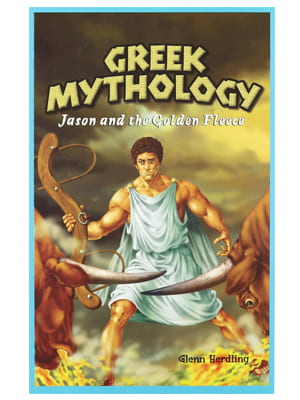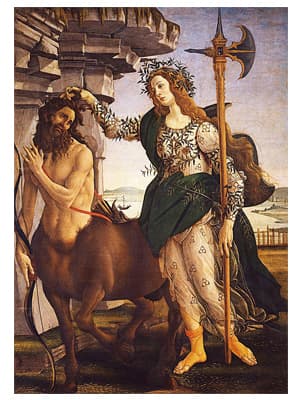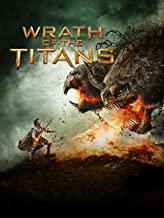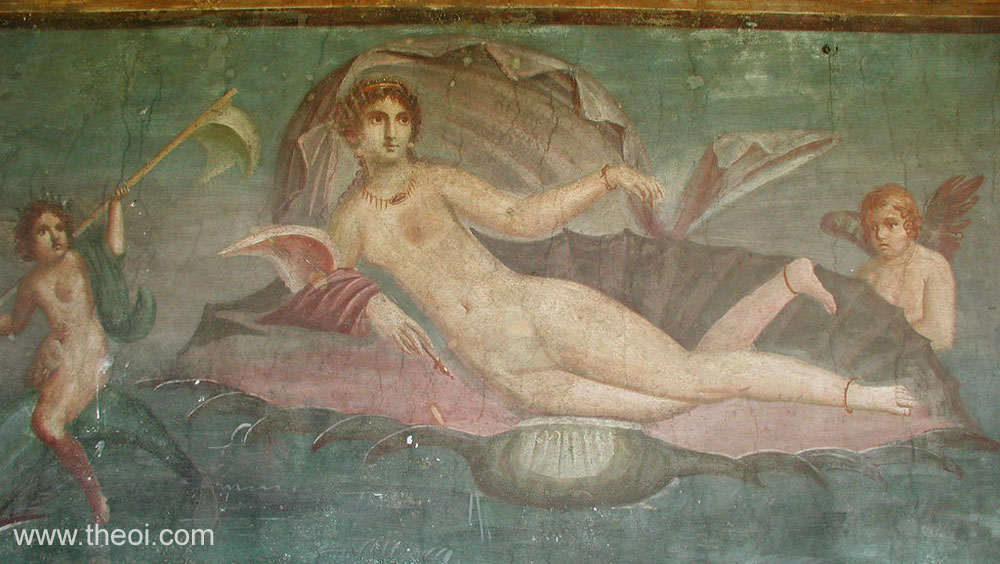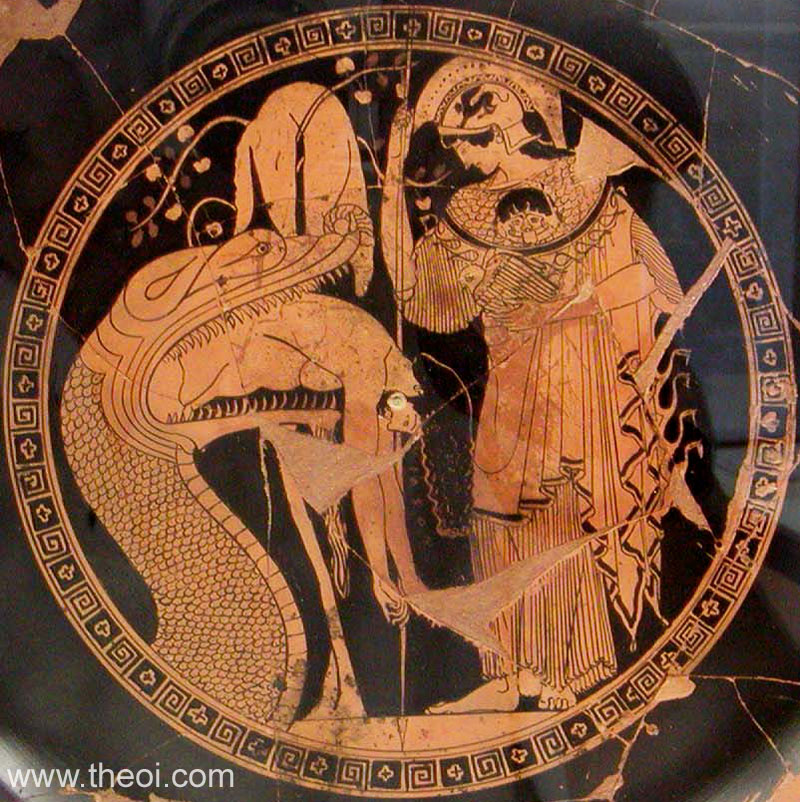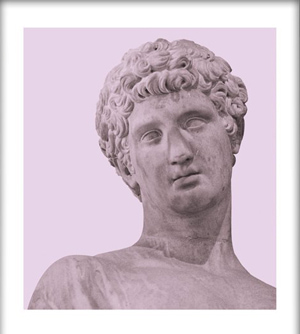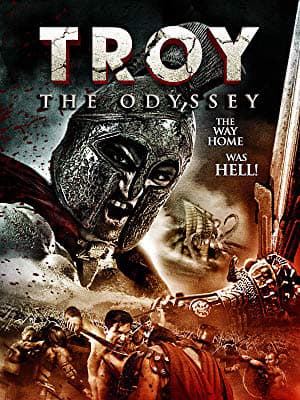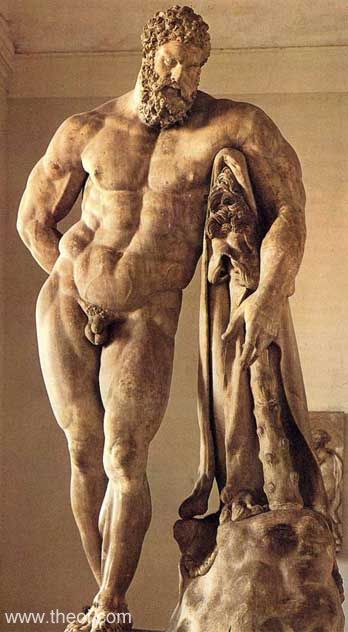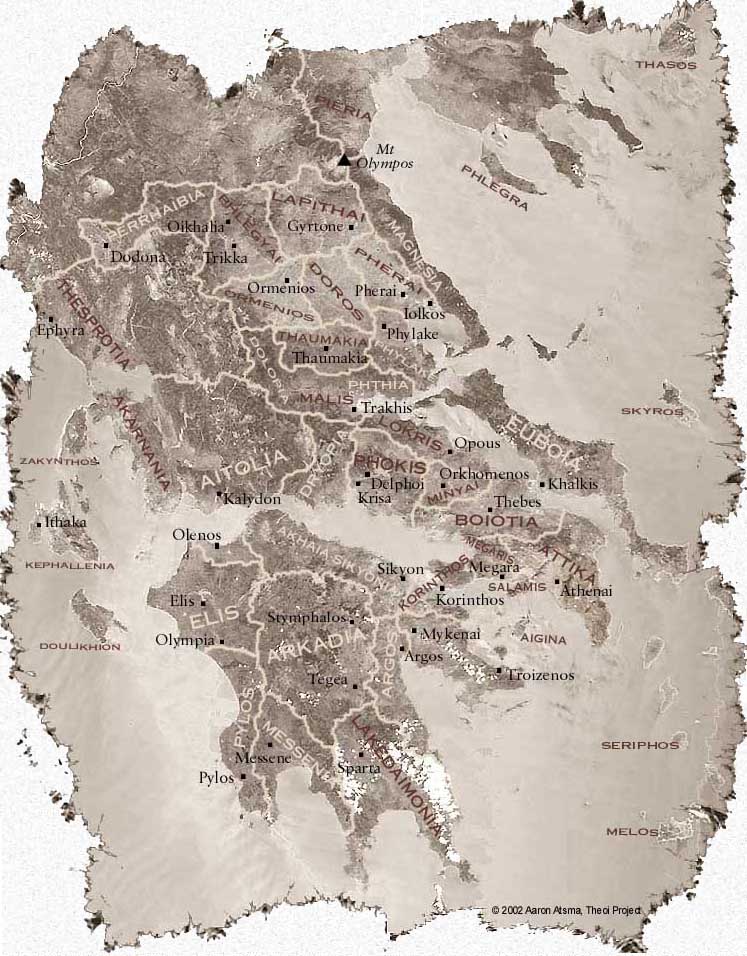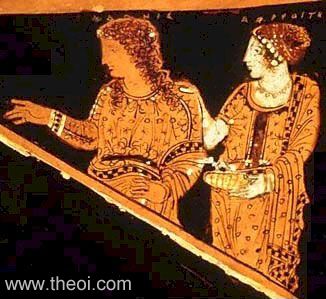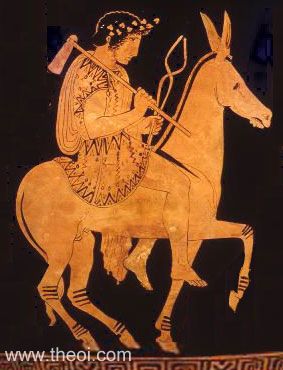In Greek mythology, you may have heard about Mount Olympus, Troy, the underworld, but you may not know why these locations are so important to Greek mythology.
We are going to take a deeper look into these 5 most important Greek mythology places.
1. Mount Olympus
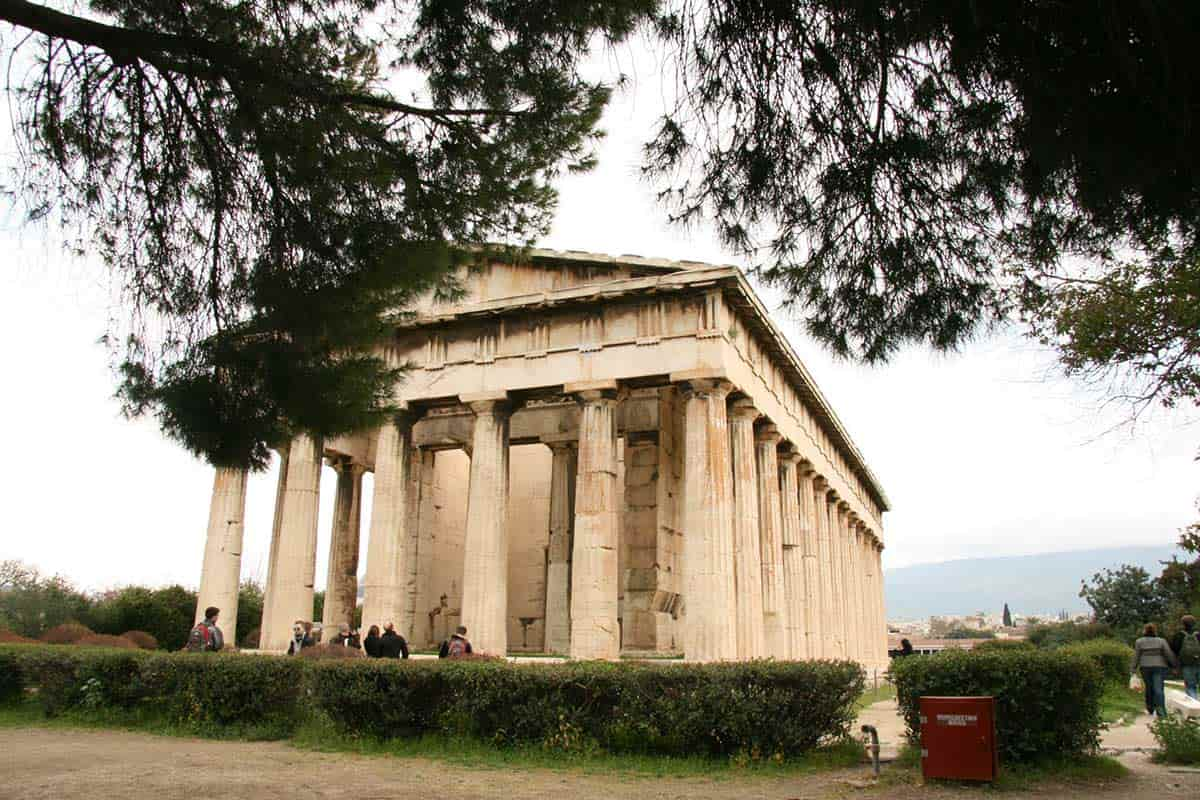
Perhaps the most important location in all of Greek mythology is Mount Olympus. Mount Olympus is where most of the Greek gods lived. It was the home location of the Twelve Olympians.
The Twelve Olympians include the following Greek gods and goddesses: Zeus, Poseidon, Hera, Athena, Hermes, Hephaestus, Apollo, Ares, Aphrodite, Hestia, Demeter, Dionysus, and Artemis. There are 13 total Olympians here because some versions have Hestia as the 12th Olympian, while other versions have the 12th Olympian as Dionysus.
2. Troy
It wouldn’t be Greek mythology without telling the story of the Battle of Troy during the Trojan War. The Greeks needed to outsmart the Trojans if they wanted to win the lengthy Trojan War.
The Greek hero Odysseus devised a plan to win the Trojan War. When he and his men came to Troy, they would construct a great horse that would act as a trophy to the Trojans for winning the war.
The Greeks would pretend to board their ships and depart the coast in defeat, leaving the Trojan horse as a trophy to the victorious Trojans. All the while, Odysseus and his men would be inside the Trojan horse and brought inside the city, unbeknownst to the Trojans.
As this unfolded the way Odysseus had predicted, the Greeks made their move. They emerged from the Trojan horse armed and ready for battle. They defeated the Trojans in the Trojan War, which is one of the greatest stories in Greek mythology.
3. The Underworld
After the Olympians had defeated the Titans, they needed to divide the earth and assign a god to each section. Brothers Poseidon, Zeus, and Hades would need to decide who would rule the skies, the seas, and the underworld.
To make a fair determination of who would rule where, Zeus decided each Olympian should draw a lot. Zeus drew the skies, Poseidon drew the seas, and Hades drew the underworld. Because Hades drew the underworld, he was required to live in the underworld; thus, he did not live in Mount Olympus as his brothers did.
The underworld is commonly discussed in Greek mythology. It is mentioned in the 12 Labors of Hercules, as one of Hercules’s labors is to steal the Cerberus of the underworld. The Cerberus was the three-headed dog that guarded the entrance to the underworld.
4. Athens
Athens is the capital of Greece and is derived from the Greek goddess of wisdom and knowledge, Athena. Athens is currently one of the top areas of the world to produce olives, which is symbolic of the olive branch that Athena presented when competing against Zeus for the city. Athena had strong ties with the city and civilization. Athens is mentioned in many Greek myths, including Theseus and the Minotaur.
5. Colchis
In the Greek myth of Jason and the Argonauts, Jason and his crew of Argonauts are on a quest to find the Golden Fleece. The Golden Fleece was in a region called Colchis. Jason and the Argonauts would set sail on their ship, Argos, in search of Colchis.
When he landed on Colchis, he found King Aeetes and demanded the Golden Fleece. Instead, King Aeetes gave Jason three tests that he would have to pass if he wanted the Golden Fleece.
